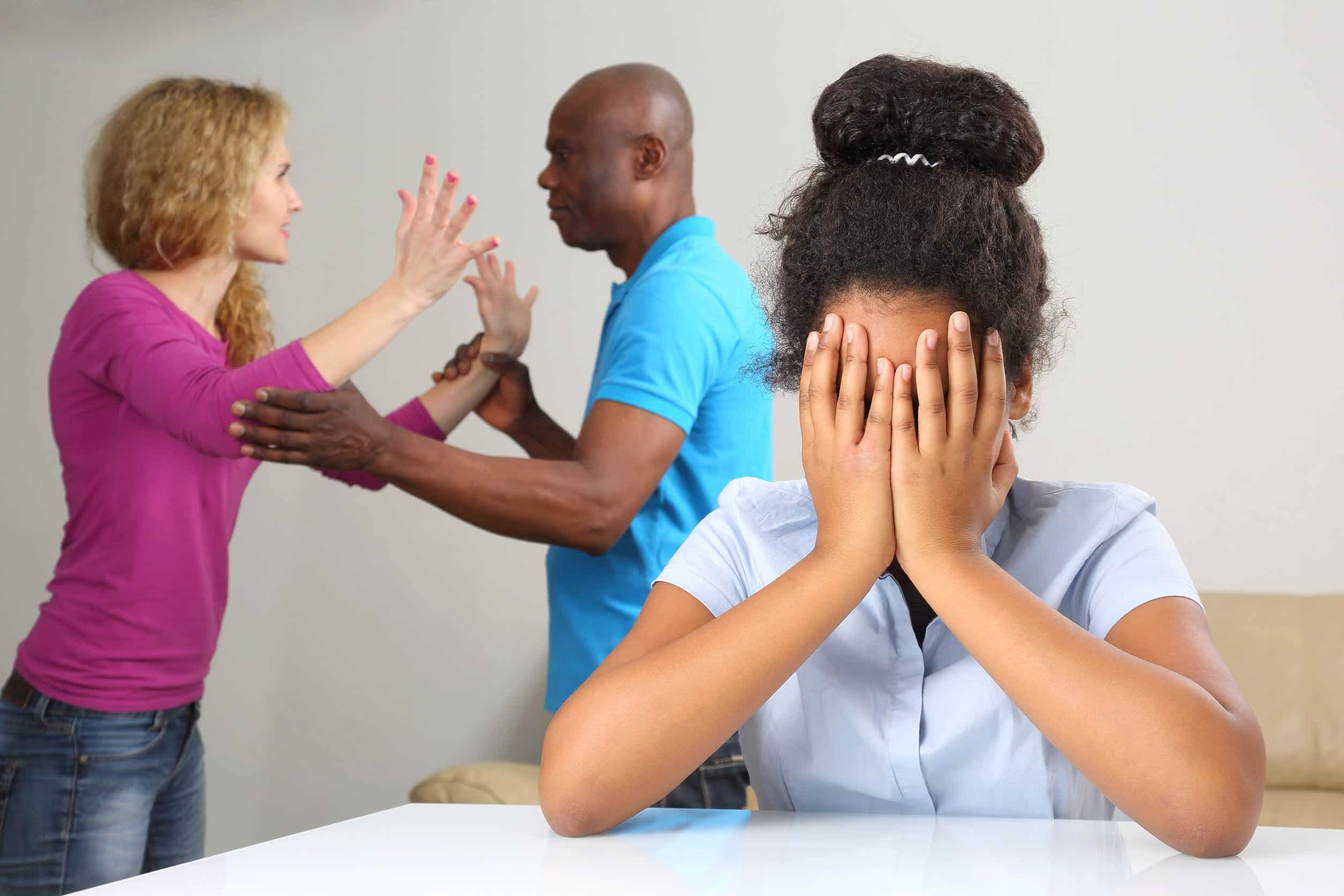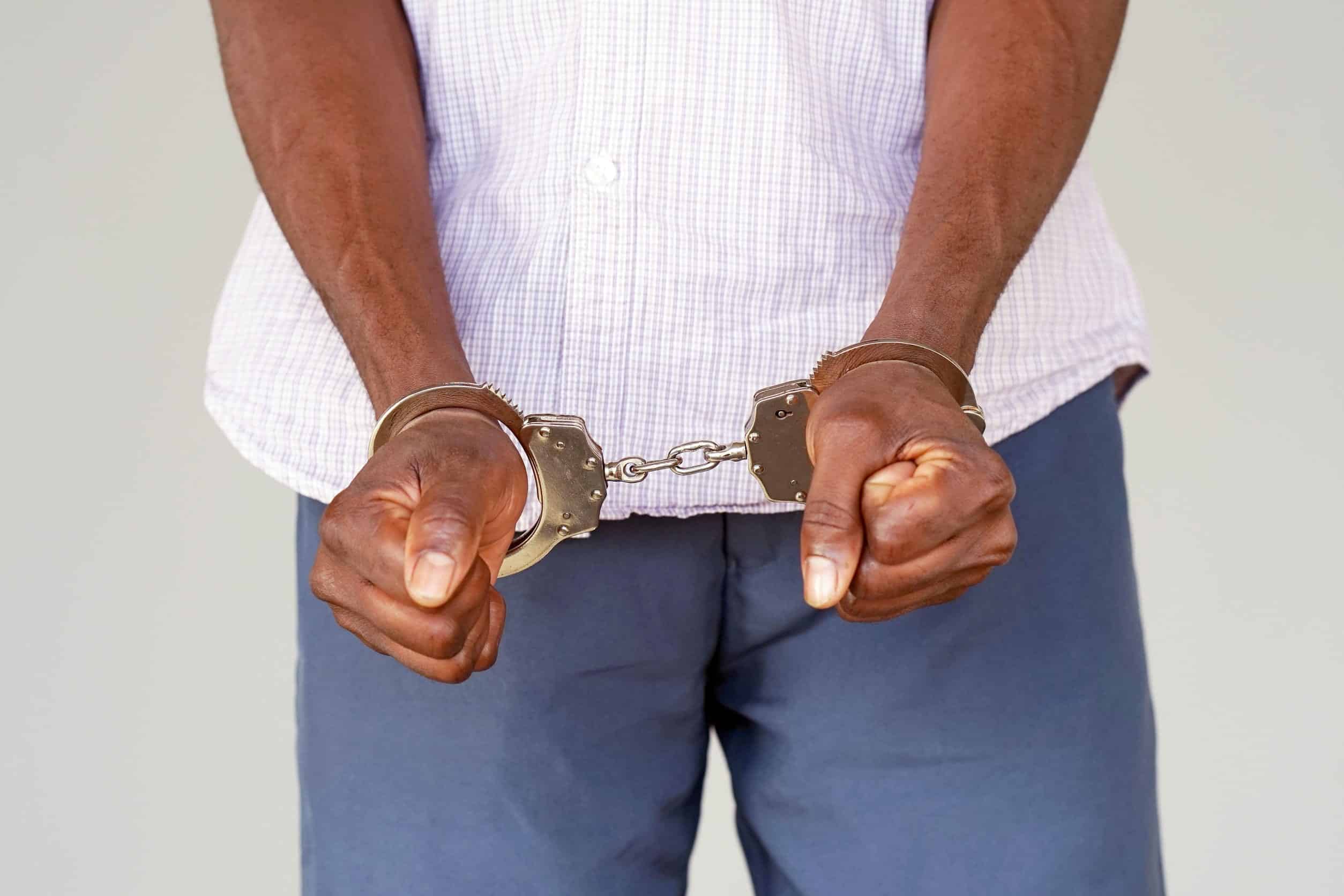- Home
- THE FIRM+
- Criminal Defense+
- CASE RESULTS
- AREAS WE SERVE+
- FAQ’s
- Blog
- Contact
AZHARI LLC BLOG

Posted By: Sami Azhari
Category:
Domestic violence is a matter watched very closely by the state of Illinois. If you are accused of perpetrating domestic violence, then you can face some serious legal penalties.
Of course, every case of domestic violence is different. One surefire way to stay out of trouble is by preventing domestic violence incidents from happening in the first place.
That requires some diligence in observing when and how your own behavior may cross the line into criminal actions.
If you have questions about whether your behavior could be sliding into domestic violence territory, learn more here about signs of domestic violence. Then understand the legal penalties true offenders can face for domestic violence convictions in Illinois.
Signs of Domestic Violence
Some signs of domestic violence are easier to identify than others. Striking someone and leaving a bruise on them is, of course, a tell-tale sign that behavior is out of control, but it’s not the only thing to be on the lookout for.
There are other abuses often overlooked or explained away that are as serious as actually physically attacking another person. Non-physical abuse can be just as damaging (sometimes more) to victims and Illinois law recognizes this.
One of the most common non-physical abuses is emotional abuse. This is of particular interest because, in many cases, emotional abuse is simply a precursor to things getting physical down the line.
Catching the signs early and getting help is crucial to making sure that domestic violence doesn’t happen to you or your family. First, let’s take a look at the physical signs you could be crossing the line; then signs of emotional abuse.
Physical Signs
There are often physical signs of domestic violence or domestic battery such as bruises, black eyes, or marks around the neck. Another sign? If your partner or someone else in your household is often attempting to cover or make excuses for marks left on them during a heated argument with you, understand your behavior may lead to criminal charges.
Emotional Abuse
A need for control is a very common sign of emotional abuse. Think first about how you feel about your partner. Does it feel like they are a constant disappointment or do you feel like they make you angry all the time because they aren’t doing what you want? Also, notice whether anyone in your household always seems to be frightened or hyper-sensitive to your moods. This could signal to you they are feeling your need for control.
Other signs in someone suffering emotional abuse include anxiety, apprehension, acting very apologetic or meek, sleeping too much or too little, developing an alcohol or drug problem, having low self-esteem, or even feeling as if they want to commit suicide.
If you notice others in your household acting this way around you, then you need to take a step back and think about what role you may be playing in their feelings and get help. Otherwise, Illinois law enforcement could get involved.
What the Law Considers Domestic Violence
Review the following list of actions outlined under Illinois law, as acts of domestic violence, and understand who these acts are committed against in order to qualify as an incident of domestic violence:
- Threatening someone
- Interfering with their job
- Hitting
- Stalking
- Preventing someone from leaving
- Harassing someone by text or by phone
- Shoving
- Forcing someone to do something they don’t want to do
You may be surprised to find that domestic violence doesn’t only involve your spouse or children. When these acts are committed against any of the following individuals, it can be classified as domestic violence:
- Spouses
- Former spouses
- Children
- Parents
- Stepchildren
- Those you have children in common with
- Those who have dated or been engaged
- Those who have shared a home
- Any person who is disabled and their caretaker
If the acts listed above are committed against one of these people, then it can be domestic violence. If found guilty, this Class A misdemeanor is punishable by up to 12 months in jail and fines of as much as $2,500.
About the Author
Sami Azhari has been working as a lawyer since 2007, after receiving his Juris Doctor from the Michigan State University College of Law. He has handled numerous state and federal cases and is known throughout the Chicago and Rolling Meadows area for providing his clients with high-quality, skilled representation. He has been recognized by Avvo (2013 and 2018), SuperLawyers (2015-2020), The National Trial Lawyers, and other notable organizations, and has spoken at a number of legal conferences.


























































